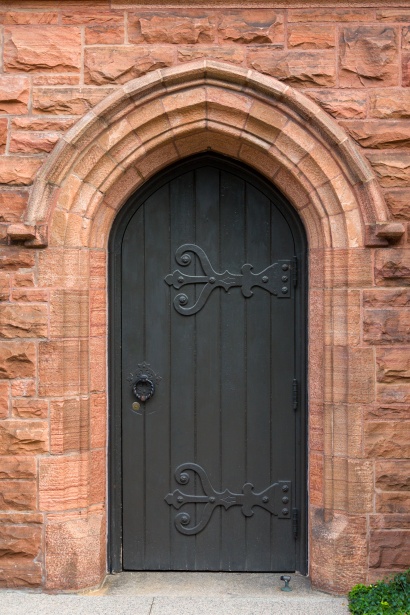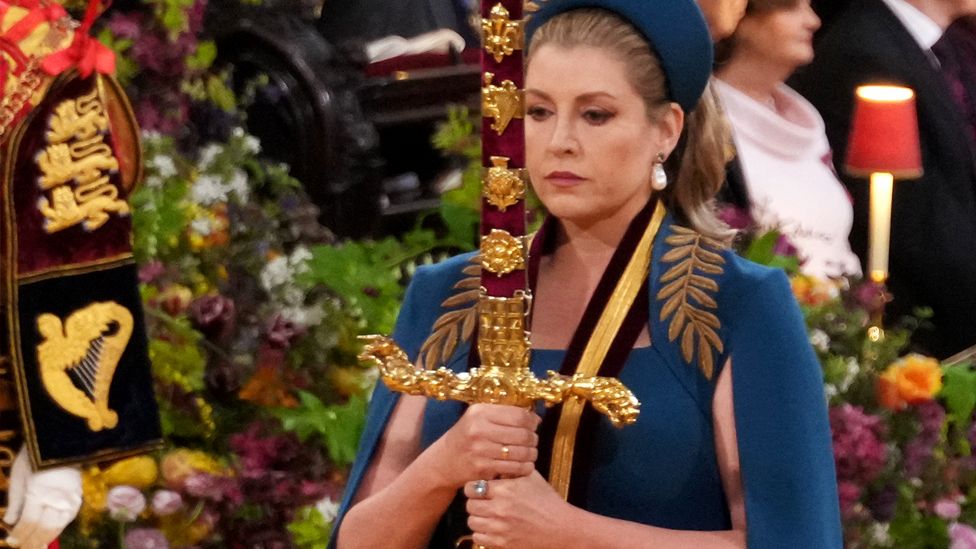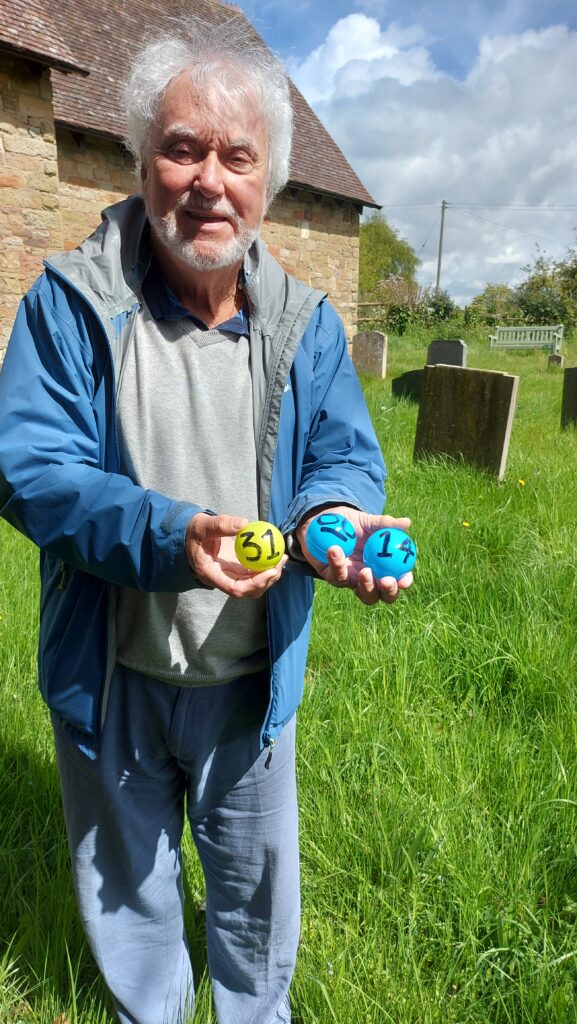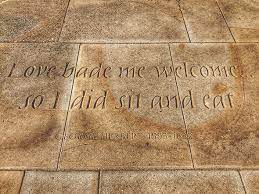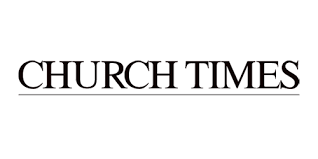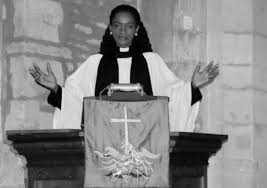
Some will be aware that I’m not a great follower of pop music; if it isn’t played on Classic FM, I’m probably not interested in it. But even I did a double-take when I saw the headlines this week that told of the death of Tina Turner. My images of her were from the late 1970s; the powerful young(ish) woman, dancing on stage; not someone in their 84th year. And of course, I did recognise her music once it was played; “Simply the best” was belted out by the stadium announcer every time Kidderminster Harriers took to the pitch, more in hope than expectation….
It wasn’t until I heard “Thought for the Day” this morning (26th May), that I learnt something of her spiritual history. Brought up a Baptist in the south of America, after escaping an abusive husband she turned to Buddhism. She found strength in its practice of meditation. Her spiritual journey continued; I learnt that in the last decade of her life she produced a series of albums drawing on the meditative music of six faiths. From these she drew strength and inspiration.
Throughout the ups and downs of her life, Tina Turner never lost sight that she had spiritual needs as well as emotional, physical and psychological ones. As a Christian priest I have not followed her own journey of faith. However, in an intensively materialistic culture, where only things we can touch and see are considered real and worthy of respect, those who hum and dance to her music might reflect on how she drew on the spiritual as her inspiration.
